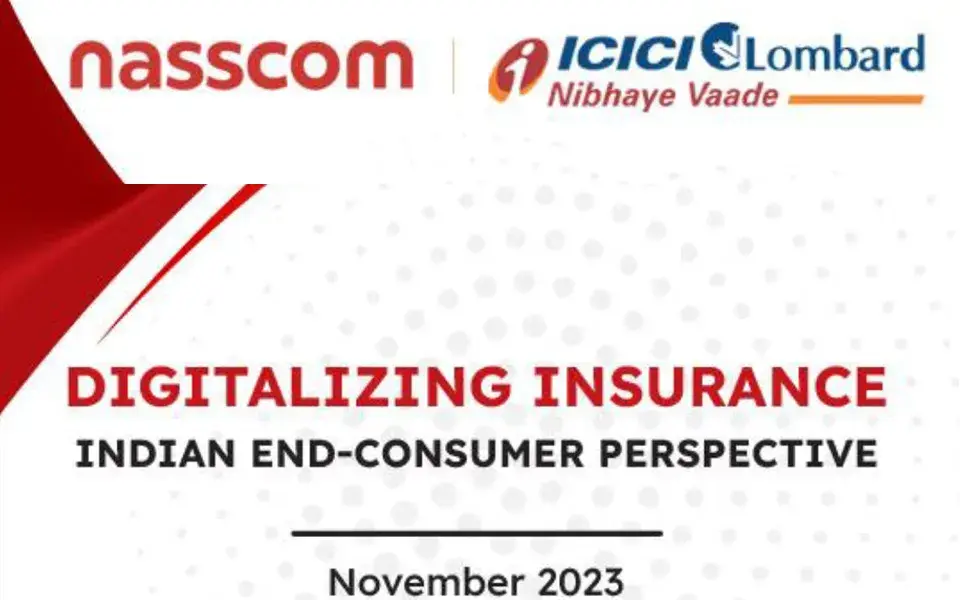Banking, financial services and insurance (BFSI) as a sector plays a major role in the global market for software testing services, with a particular focus on the security aspect of software products and digital processes.
In this article, we’ll take a closer look at how companies in banking and finance are approaching software testing, as well as how they’re using it to handle the growing pressure to embrace and succeed with digital transformation.
The Need for Digital Transformation
In almost every sector, all over the world, IT investments are on the rise, and we can expect them to continue on that trajectory for the foreseeable future as more businesses move their critical processes and operations into a digital context.
Technology has forced all of us to adapt, innovate, and evolve the applications and services we provide to our end users, in both a B2B and B2C context, in order to stay relevant in today’s landscape.
But for those of you in BFSI, you’ll know business and customers alike now want access to their banking services and financial information instantly, often via mobile apps, with minimal interaction.
Just like in retail, media, healthcare, and a whole host of other sectors, the emphasis is now on the providers to create digital self-service channels for customers and completely re-think the ways in which services are delivered.
Two Sides of the Same Coin
Within B2C services like retail banking and personal finances, today’s users want seamless and secure access to their account information, account management, and purchasing of services like loans and insurance, all at the tap of a button on their smartphones.
Of course, these are all things which have traditionally been done in a branch, where confidentiality and security were guaranteed. But as consumer technology has proliferated, the industry has had to keep up, and so this is all now done online. With the majority of banking customers using mobile apps on their smartphones to complete the vast majority of their activity today, a whole range of new technologies has been introduced. The key thing to remember is that must be accounted for by IT within the scope of quality assurance.
For those of you actually working in the finance industry, in roles like investments, trading, financial analysis and other back-office functions, working outside the conventional office environment was probably once unheard of, until recently.
But flexibility and mobility are now the norm for modern workforces thanks to that same technology. The demand for mobile access to email, corporate systems, enterprise applications, and more via personal smartphones is expected in financial services just like every other industry. The software has had to adapt so that IT can ensure no corporate or customer data is at risk while employees are working outside the office.
This has seen critical software products, such as enterprise applications, become far more advanced to meet those demands, but has also seen IT departments pushed for a much faster time-to-market. As a result, the requirements for effective, efficient testing and QA have also increased drastically to mitigate the risks which arise from the greater strain on software development teams.
Software Testing Priorities
For those reasons, the banking and finance sector was initially very hesitant to embrace digital transformation. We know many of the world’s leading financial institutions are traditional organisations, heavily regulated, with long-standing legacy processes and systems that were considered too difficult to change.
When you add to that the incredibly sensitive nature of the information being handled on a daily basis, and the millions and millions of dollars on the line, the possibility of any loss of data, cyber security breaches or hacks was far too great to risk.
However, not only does digital transformation bring an immeasurable improvement for the end users’ speed and convenience, it also significantly lowers costs and increases efficiency within the business itself. For those reasons, it’s easy to see why the above mentioned challenges had to be solved. In many cases, the answer was quality assurance.
The concept of QA has been instrumental in allowing the finance industry to overcome these concerns and keep pace with other sectors. Focusing on accurate software testing has allowed businesses to gain total confidence in the performance, capability, and security of the software products being delivered.
Cyber Security and Compliance
Perhaps more than any other industry in the world, cyber security is of critical importance to businesses in banking and finance for obvious reasons.
The consequences of a data breach would simply be catastrophic, so any digital systems in place must be rigorously tested for their security and integrity.
We also know processes in the finance industry are strictly governed by privacy legislation, fraud prevention, security and regulatory governance. Complying with all the necessary regulations means the margin for error in software testing and QA is virtually non-existent.
Old and New Systems Co-Exist
Of course, you’ll likely be aware that many digital transformation projects will be made on an enormous scale and, consequently, take place over long periods of time.
With so many traditional legacy systems and processes in place, it’s common for BFSI organisations to be introducing new technology gradually, slowly phasing out existing ways of working by mixing old with new.
Testing in complex areas such as data migration and integration should not be overlooked, but rather prioritised. You should constantly be testing and monitoring all your systems for quality of delivery and functionality, validating the critical functions and mitigating any related risks.
Sector-Specific Technology
Credit and debit cards, contactless payments, consumer banking services, policy management, claims processing, risk assessment, are services specific to the BFSI industry are now almost entirely supported by digital solutions. As a result, the effective performance of this such technology warrants specialist testing to be carried out within the development lifecycle to ensure their success.
Automation
Automated testing are used in a wide range of BFSI applications, including mobile banking apps, online payment portals, trading platforms, insurance claim management systems and more. By automating the testing process, companies can reduce the risk of errors, improve testing accuracy and accelerate the time-to-market of the digital products.
In addition, automated testing can ensure compliance with regulatory requirements, such as PCI-DSS (Payment Card Industry Data Security Standard) and GDPR (General Data Protection Regulation). By testing for security vulnerabilities, data privacy and other compliance issues, BFSI companies can avoid costly fines and damage to their reputation.
By adopting automated testing as part of the quality assurance process, banking and financial service companies can achieve faster, more reliable and more efficient testing, while reducing the risk of errors and ensuring compliance with regulatory requirements.
What Comes Next?
Digital transformation is more likely to accelerate before it slows down, as we all look to lower costs, streamline our business processes, and meet our end users’ growing demand for greater convenience and speed.
Top-down mandates for change given without a shared way of thinking won’t work, so you need a shared vision for everyone to get behind together. Your culture should be set up to facilitate systemic change and innovation with everyone on the same page.
But in an industry where paper-based processes and traditional working practices were often prioritised over IT capabilities, it can be particularly challenging and costly to deliver the necessary level of software products and simultaneously manage a crucial responsibility like QA.
Many organisations leading the way in banking and finance have sought the help of a trusted, experienced partner to help guide them on their journey towards digital transformation to ensure the risk of error is removed. Having the expertise of a specialist to manage software testing allows the business to focus entirely on its own priorities while having total confidence its systems will be secure and effective.
This trend is likely to continue as the technology being delivered becomes even more innovative and complex, and the speed at which it needs to get to market grows even faster.




























